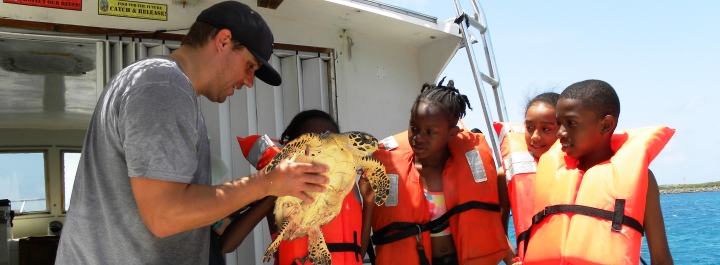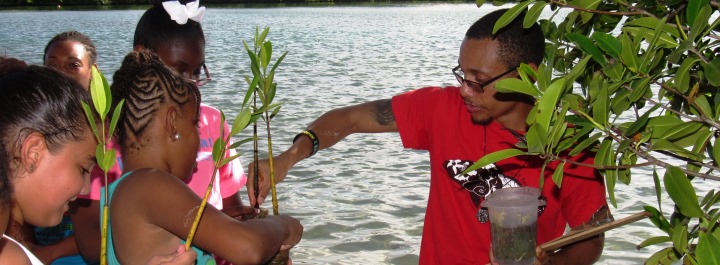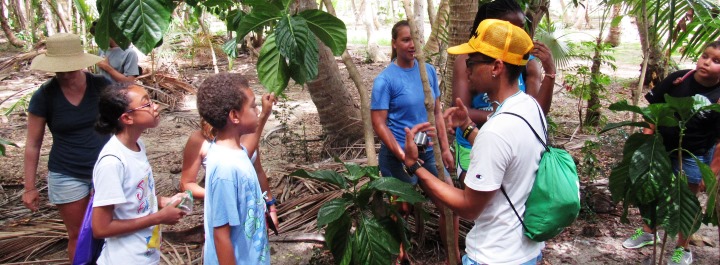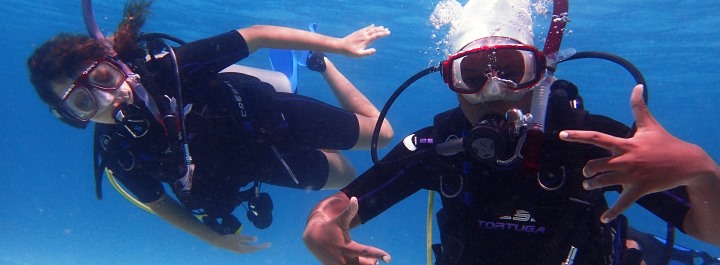

Community Engagement
- UVI In the Community
- Research & Public Service (RPS)
- Alliance for Responsive Investment in Children’s Health: Virgin Islands (A RICH VI)
- Agricultural Experiment Station (AES)
- Center for the Study of Spirituality & Professionalism (CSAP)
- Community Engagement and Lifelong Learning (CELL) Center
- Caribbean Exploratory Research Center (CERC)
- Cooperative Extension Service (CES)
- Cybersecurity Program & Activities
- Emerging Caribbean Scientists (ECS) Programs
- Etelman Observatory
- Institute for Leadership & Organizational Effectiveness (ILOE)
- Office of Self Determination and Constitutional Development
- Reichhold Center for the Arts
- Safety in Paradise (SIP)
- Small Business Development Center (SBDC)
- St. John Academic Center
- Summer Programs
- The Caribbean Writer
- VI-EPSCoR
- VI Writing Project
- Virgin Islands Environmental Resource Station (VIERS)
- Virgin Islands Marine Advisory Service (VIMAS)
- Goal and Objectives
- St Croix
- St. Thomas & St. John
- Virgin Islands Water Quality Education Program
- Coastweeks
- Coastweeks Coordinator Data Form
- Environmental Learning Outside the Classroom
- Environmental Learning Outside the Classroom Inquiry Application
- Reef Fest
- VIMAS Swimming and Scuba Program
- Youth Ocean Explorers (St. Thomas)
- Youth Ocean Explorers St. Croix
- Junior Ocean Explorers
- Citizen Science
- USVI Glass Recovery
- Sea Walls
- Mangrove Restoration Project
- Virgin Islands University Center for Excellence in Developmental Disabilities (VIUCEDD)
- WUVI Student Radio Station
- Community Service Photos
- Caribbean Film & Artistic Cinematic Festival (CF&AVF)
Environmental Learning Outside the Classroom
"Jump out the books and into the sea!"
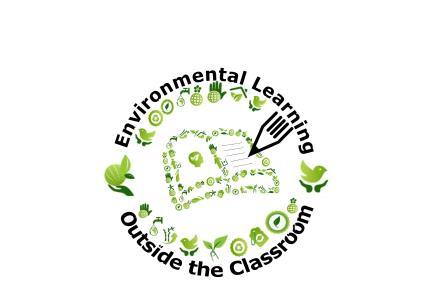
Environmental Learning Outside the Classroom (ELOC) is an initiative implemented by the Virgin Islands Marine and Advisory Service (VIMAS) to use best practices in informal STEM (Science Technology Engineering and Mathematics) education help make learning fun and engaging. Through ELOC, educators can partner with VIMAS to plan and coordinate learning activities that teach students about different natural habitats within the Virgin Islands such as mangrove forests, sea grass beds, and other marine-related habitats. At no charge, field trips can be arranged where students visit UVI's Center for Marine and Environmental Studies to learn more about marine and environmental science but we can also facilitate classroom visits where we come to you and give a short presentation on select topics. Continue reading to learn more about what we offer so you can schedule your next ELOC activity!
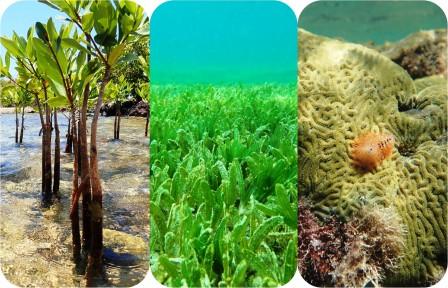
-IMPORTANT INFORMATION-
At this present time, all field trip based activities are on hold due to construction work that will begin on UVI's Marine Science Center starting October 2019 until September 2020. However, classroom presentations can still be facilitated; if you would like to schedule a classroom presentation, register below. We do apologize for any inconvenience this may cause.
-EDUCATIONAL LESSONS AT A GLANCE-
Guided Shoreline Tours - Coastal Habitats
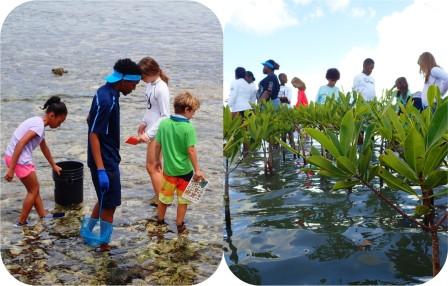
Our guided tours are facilitated along the shorelines of UVI's Marine Science Center where students are able to explore rich and diverse intertidal zones, mangrove forests, and sea grass beds. During these tours, students can use Viewfinder buckets to get a close-up look at various marine invertebrates and vertebrates. Appropriate foot wear such as water shoes or Crocs are preferred for these activities to minimize the risk of injury or harm to students and wildlife.
Classroom presentations on coastal habitats can also be facilitated.
Guided Investigative Inquiry - Marine Invertebrates
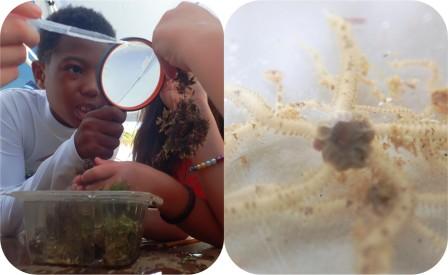
Students can learn about various marine life found in our Caribbean waters without actually getting into the water. These activities teach students how to use observation skills to make educated guesses to properly group marine invertebrates into their correct phyla based on specific characteristics each animal has. When students are at the helm of the wheel when it comes to their learning, there is a greater sense of reward when a solution to a problem has been found.
Classroom presentations on marine invertebrates can also be facilitated.
Beach Cleanup - Marine Debris
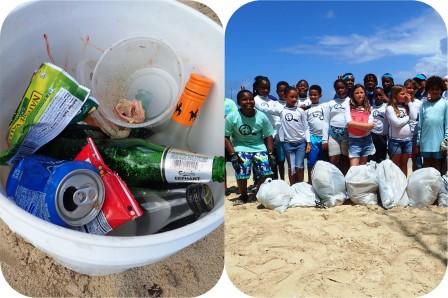
Marine debris has become one of the world's most pervasive pollution problems today. To address this problem, students can participate in our annual COASTWEEKS event or participate in beach cleanup activities throughout the year. During these cleanups, students not only collect debris, but also record what they find how much, and the overall weight of trash collected. This data is extremely valuable not just in the classroom setting to illustrate trends but is also important for drafting legislation that addresses this issue. Appropriate foot wear such as closed-toe shoes or Crocs are preferred for these activities to minimize the risk of injury or harm to students.
Classroom presentations on marine debris are highly recommended before cleanup activities.
-HOW TO REGISTER-
Registering for an ELOC activity is quick, simple, and can be done in 3 easy steps!
- Download the Lesson Plan to familiarize yourself with the objectives and specific material covered during each activity.

- Download the Release Forms and ensure that each participating student signs them and return with them on the day of the field trip (not needed for classroom presentations). These forms ensure that the University is not held responsible in case of an student injuries or accidents as well providing UVI with permission to photograph the field trip to use for promotional purposes.

- Complete the online reistration form by clicking the button below. Once your form has been completed, we will be in communication with you to finalize the details of your ELOC activity.

- Contact Us - 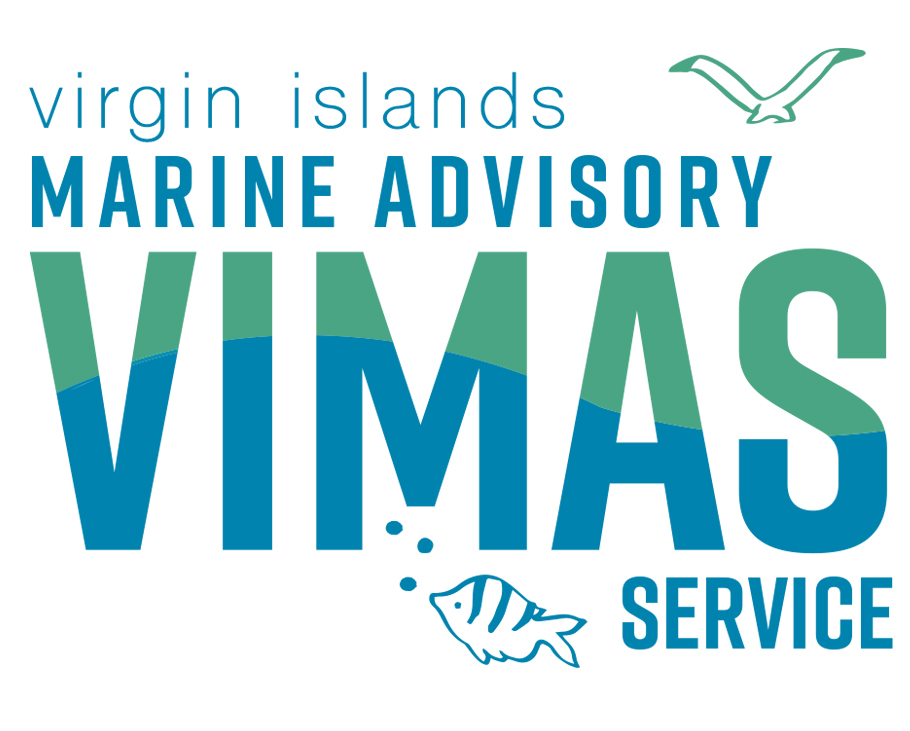
Office Phone: St. Thomas (340) 693-1672 / St. Croix (340) 692-4046
E-mail: St. Thomas (howard.forbes@live.uvi.edu) / St. Croix (mtaylor@uvi.edu)
Website: http://vimas.uvi.edu
![]() Find us on Facebook
Find us on Facebook
![]() Find us on Instagram
Find us on Instagram
Virgin Islands Marine Advisory Service
Center for Marine and Environmental Studies
University of the Virgin Islands
St. Thomas St. Croix
#2 John Brewers Bay RR #1, 10,000 Kingshill
St. Thomas, USVI 00802 St. Croix, USVI 00850-9781
